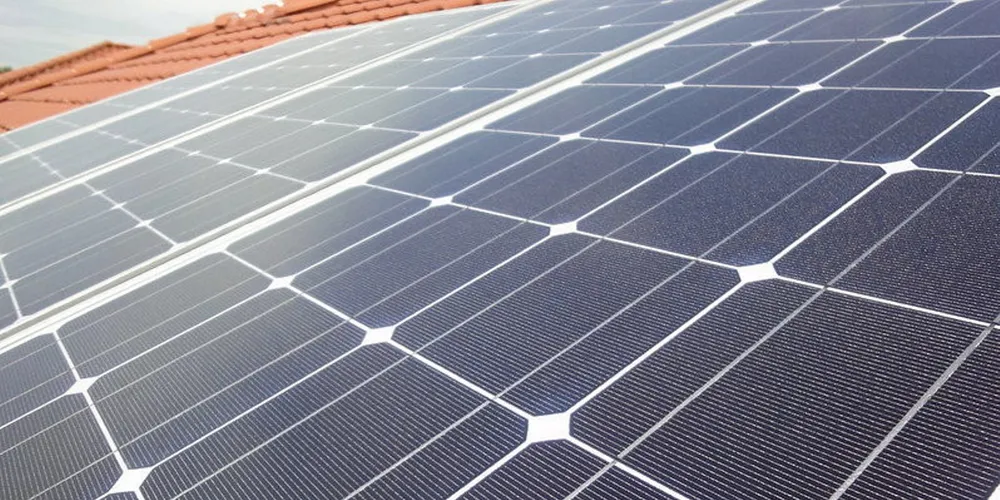Amazon clean power buying spree leads corporate renewables in record year: BNEF
US online retail giant tops analyst's sector tables as Big Tech green energy portfolios now rivalling those of world's largest utilities, with 30GW-plus of renewables purchased by private companies last year
